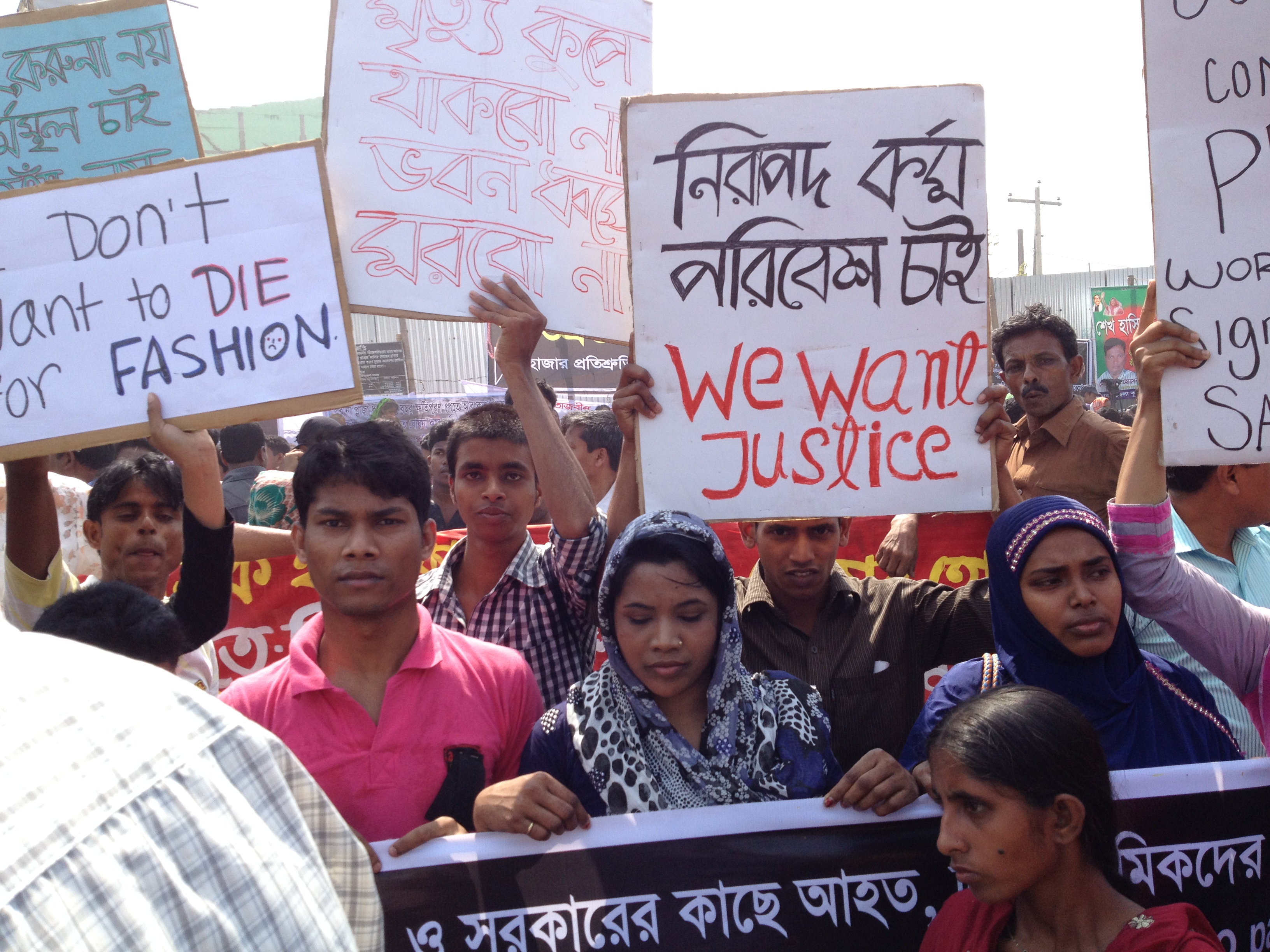
Civil call for human rights and environmental due diligence legislation
Over 80 NGOs and trade unions have called on the European Commission to bring forth this term new corporate accountability legislation requiring companies to respect human rights and the environment in their global value chains and operations. The signatories urge that victims of corporate violations should have their access to judicial remedy enhanced by the new legislation.
The signatories are urging for corporate accountability legislation because:
- Decades of voluntary “corporate social responsibility” initiatives have failed to adequately protect human rights and the environment as problems such as child labour and deforestation remain systemic to many sectors
- Globally forced labour is generating annual profits of $150 billion
- 321 human rights and environmental defenders were targeted and killed in 2018 – the highest on record; three quarters defending land, environmental or indigenous peoples’ rights, often in the context of extractive and mega-projects
- Women and girls are disproportionately affected by corporate abuse
- Overall, European companies and companies operating in the EU are not doing enough to address human rights and environmental risks in their global value chains and operations
- The current situation is provoking regulatory calls from industry, as responsible business efforts remain systemically undermined, leaving responsible businesses at a competitive disadvantage and incentivizing a business race to the bottom
How should this be made reality:
- The legislation would embed into law already-existing international soft-law standards, such as the United Nations Guiding Principles on Business & Human Rights & OECD Due Diligence Guidance for Responsible Business Conduct
- Such legislation would make corporate Human Rights and Environmental Due Diligence mandatory; and has already been passed in countries such as France whilst subject to government commitment in Finland, Germany and Italy
The statement can be accessed here.